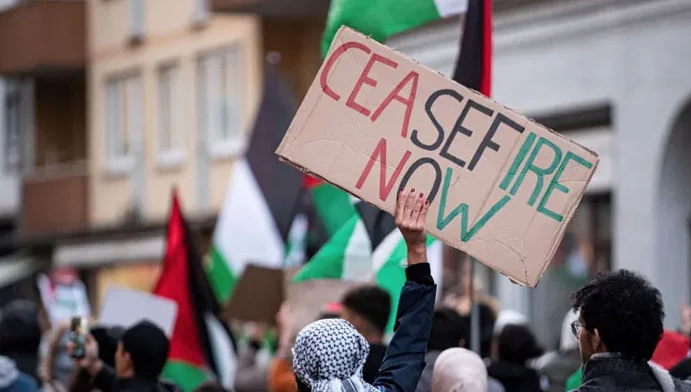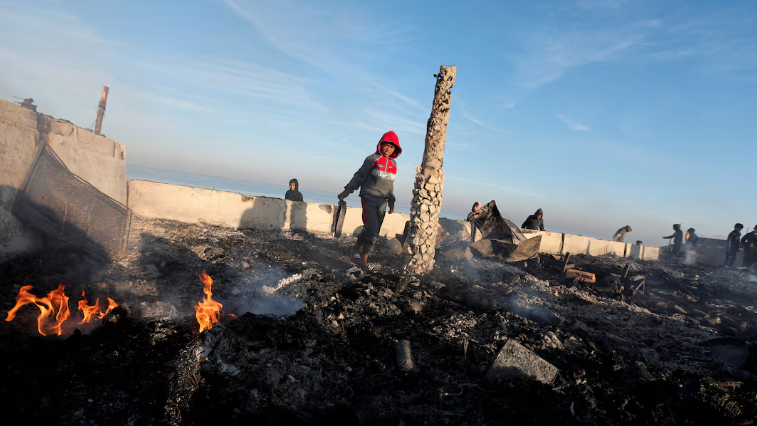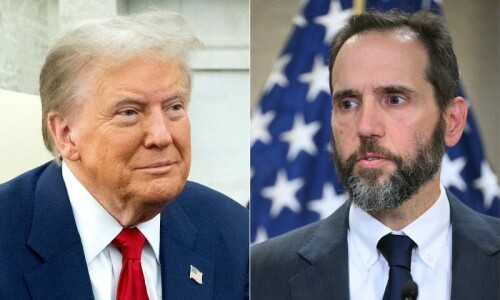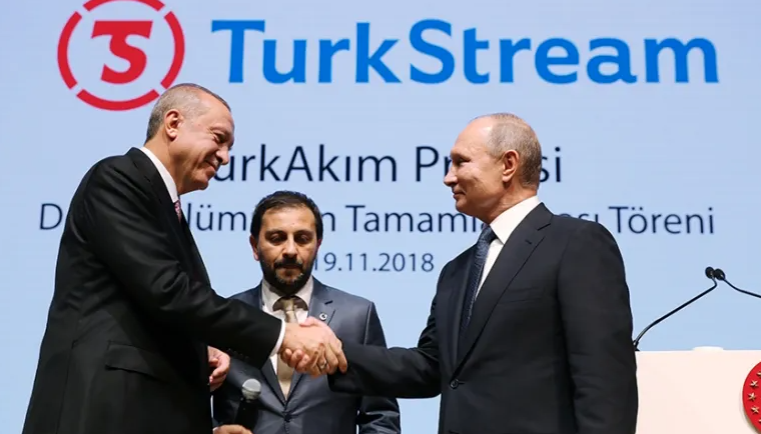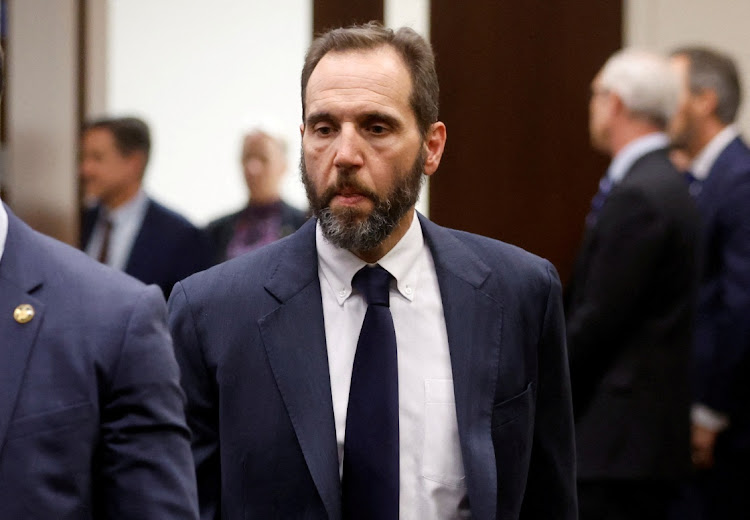WORLD NEWS
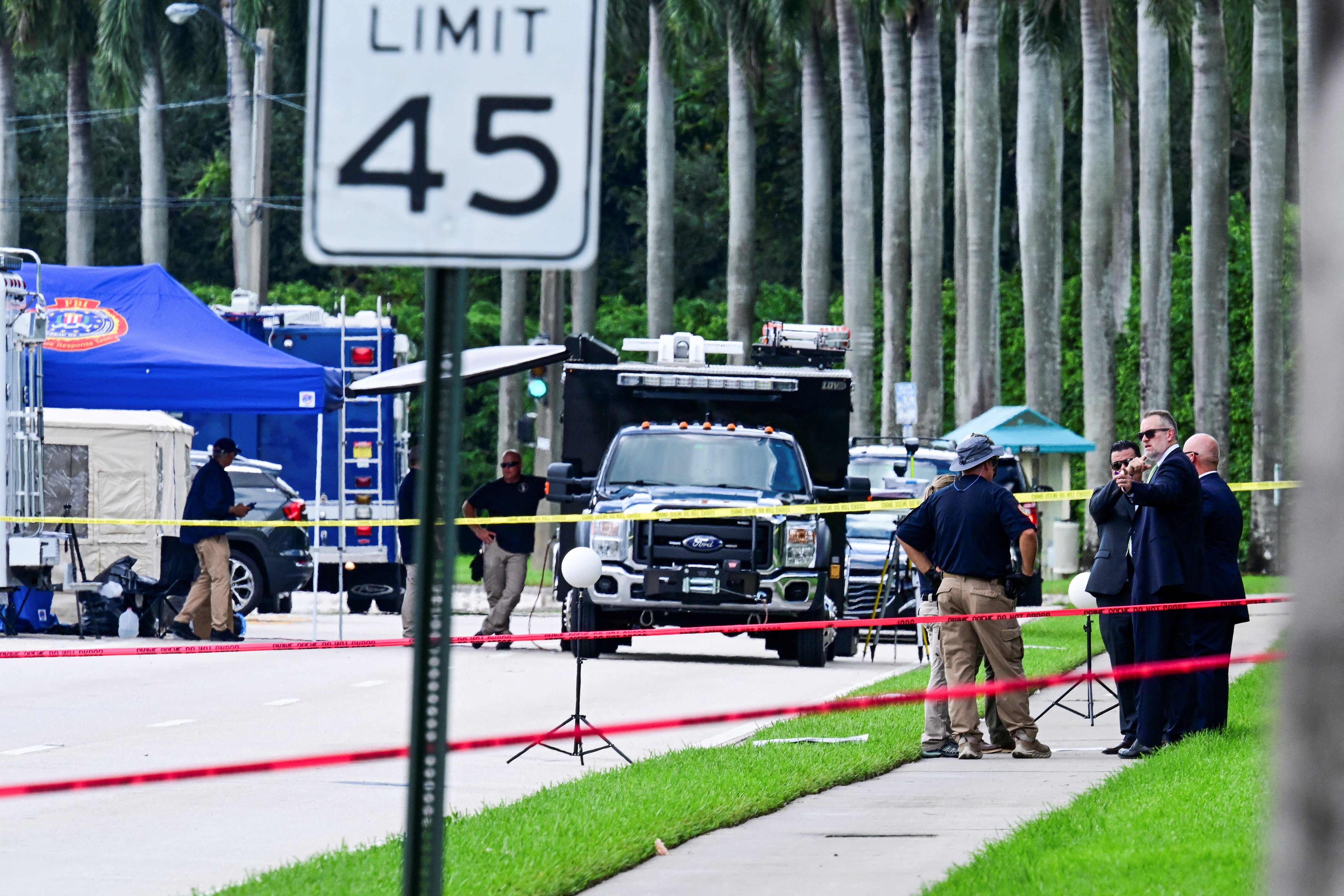
The U.S. Secret Service is grappling with significant challenges, including a severe staffing shortage and mounting pressure to protect high-profile individuals like former President Donald Trump. Recent incidents underscore the agency's difficulties as it operates with approximately 400 fewer employees than authorized by Congress.
The strain on the Secret Service was starkly illustrated during a recent golf outing by Trump. A gunman, Ryan Routh, managed to hide undetected for nearly 12 hours near the Trump International Golf Club in Florida. The incident, which occurred on Sunday, exposed vulnerabilities in the Secret Service’s protective measures. Routh, armed with an AK-47-style rifle, was spotted by an agent who intervened before he could get a clear shot at Trump. The suspect was apprehended shortly afterward, but questions remain about why he was not detected sooner.
The agency's challenges are compounded by its reduced staffing levels. According to government records, the Secret Service employed 7,879 people as of February, falling short of the 8,305 staffers that a previous director, James Murray, had planned for the agency by this year. The target of 10,000 staff by 2027 now seems even more distant. The current staffing shortfall is exacerbated by the time-consuming nature of hiring, with the process often taking more than 200 days to fill open positions.
Former Secret Service agents and experts have voiced concerns about the agency’s ability to meet the demands of its mission. Kenneth Valentine, a former agent, described the current pace and expectations as unprecedentedly high. Former agents note that Trump's preference for golfing at his private clubs, rather than at military courses, creates additional security challenges.
Acting Secret Service Director Ronald Rowe, who took over in July following the resignation of the previous leader, acknowledged the extreme pressure on his agents. Rowe noted that the agency is "redlining" its personnel, working long hours under intense stress.
The agency's problems were made evident earlier this year when a gunman fired shots at a Trump rally in Pennsylvania, narrowly missing the Republican candidate. The Secret Service’s quick response saved Trump, but the incident highlighted lapses in security that Rowe himself admitted to feeling "ashamed" about.
Despite a 9% increase in the Secret Service's budget this year to accommodate the election, the staffing issues persist. The agency has struggled to retain agents, who are often lured away by higher-paying private-sector jobs. Additionally, only about 2% of applicants for the agency are hired, further complicating efforts to bolster personnel.
As the election approaches, there are ongoing discussions in Congress about potentially providing additional funding to address these issues. However, immediate solutions to the staffing crisis are unlikely, leaving the Secret Service to navigate these challenges with its current resources.
The security challenges faced by the Secret Service highlight the broader pressures on agencies tasked with protecting high-profile figures amid a tense political climate. As the 2024 election approaches, the effectiveness of the Secret Service’s protective measures will remain a critical issue.
